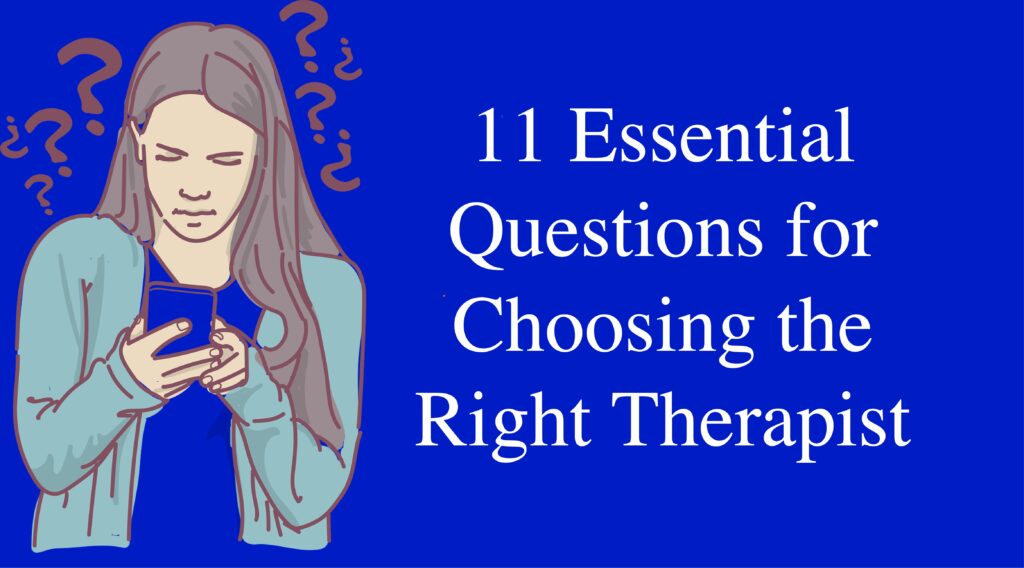From Linda M Rio, PWN contributor and mental health professional – I’m often contacted by those with an already diagnosed pituitary disorder or those who are searching for help and suspect they are impacted but have been unable to get proper medical care. Patients find me usually having read one of my articles on PWN or another site, or been referred by a physician who knows of my work. Although I am pleased to be of whatever assistance my training and experience may provide, I know there is a huge need that I cannot fulfill. A good part of my mission in writing, speaking, and teaching has been to provide others within the mental health professional community with enough knowledge about interactions between the hormonal and mental/emotional systems to help individuals and families navigate the impact of their medical and mental health needs.
Part of the success of any treatment lies with the patient in finding the right “fit” in the provider(s) they choose. Not only is it necessary to find the right professional with the right specialty, but it is also important for the patient to feel comfortable and confident in this relationship. Having the right set of credentials is, of course, necessary, but a good fit in terms of personality and style of practice are also elements that are important when considering a practitioner.
I’ve listed below a few considerations to help patients find a good “fit” with a mental health provider. I want to note that I also include spouses, children and other close relationships of pituitary patients as those who may also have questions and concerns about how best to interact with someone with a pituitary disorder. It is important to know that particularly when entering into therapy it is vitally important to feel safe, comfortable, not judged, and confident with the therapist/provider. I believe that patients or potential patients should always be able to ask key questions about their treatment.
Keep in mind that a negative response to any of the questions below does not necessarily rule out the possibility that the provider in question will work for you. And, some positive responses may be much more significant to your own personal needs. An example of this might be someone who is experiencing a significant amount of fear prior to pituitary neurosurgery may find that a specialist in anxiety more desired and timely and only later want to address early childhood trauma once there has been significant medical healing post-surgery. A most important determinant is whether when asking the questions the provider is willing to listen and answer your questions. Trusting your own reactions to how someone responds will likely be your very best guide.
11 Essential Questions for Choosing the Right Therapist
- Do you have any experience and/or training with pituitary and/or neuroendocrine disorders?
- Do you have experience and/or training in working with those with serious and/or chronic medical illnesses?
- Are you willing to learn about my illness?
- Do you have experience and training in the treatment of trauma?
- Are you willing to consult with my doctor(s) if necessary?
- Are you willing to consult with someone (like Linda Rio) who can provide basic information and resources in order to understand my illness?
- Do you work with family members of patients and/or are you willing to coordinate and collaborate with another therapist who does?
- Do you have any expertise in Medical Family Therapy (a specialty within Family Therapy)?
- If you are a psychiatrist (a medical doctor who can prescribe psychotropic medications for mental health conditions), are you willing to consult with my endocrinologist, OB/GYN, primary care physician, etc. and/or therapist?
- What would you want and need to know about me before accepting me as a patient/client?
- Do you accept my insurance? What will my out-of-pocket expense be?
For more resources and relevant articles click on this link.
Linda M. Rio, M.A., LMFT (805) 619-0950
The book The Hormone Factor in Mental Health is available through Amazon.com and other major booksellers.Order your copy here.
Image by Augusto Ordóñez from Pixabay
© 2025, J D Faccinetti. All rights reserved.

